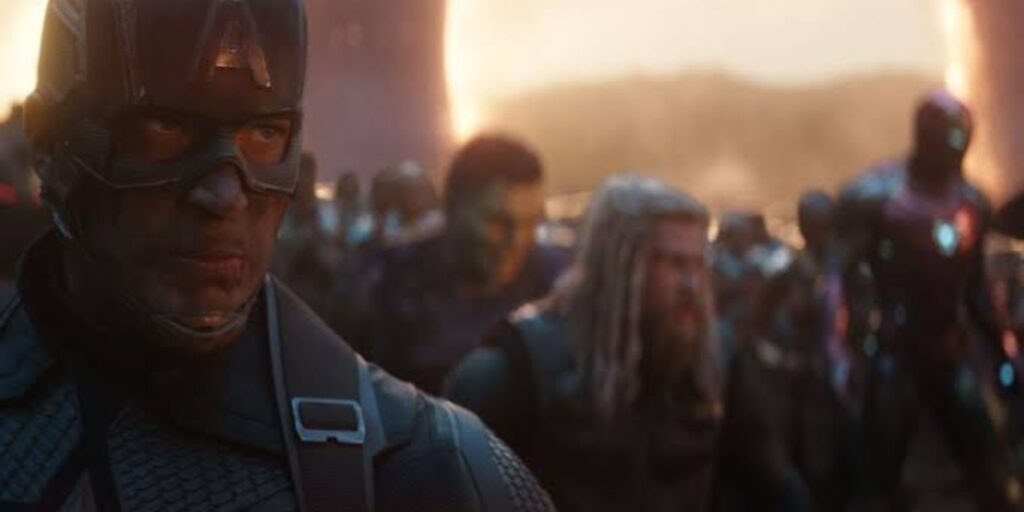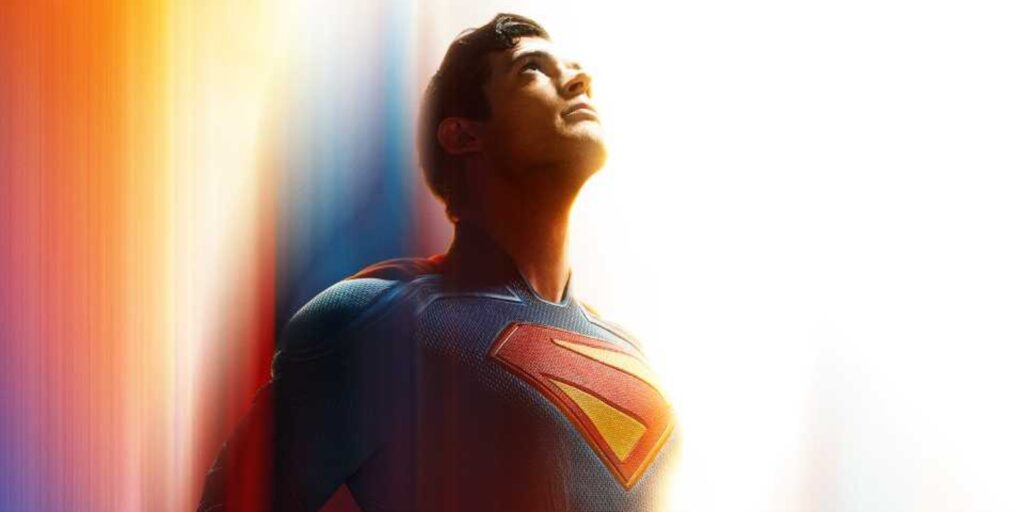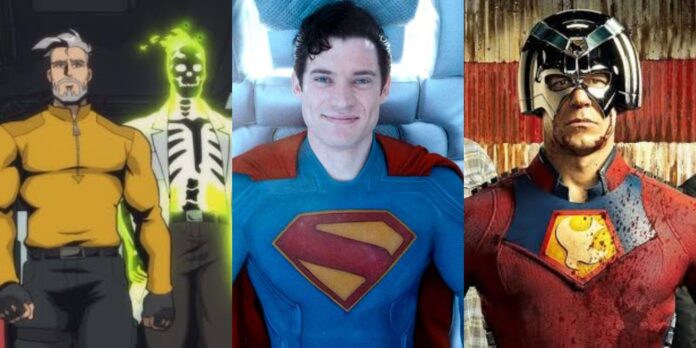Superhero movies are still dominating Hollywood, but the cultural grip they once held is undeniably loosening. The MCU, once the gold standard of interconnected storytelling, has struggled to find the same momentum it had during the Infinity Saga.
Meanwhile, James Gunn’s fresh DCU has quietly done in three projects what Marvel has failed to achieve across two entire phases. They successfully established a well-connected universe that feels both exciting and meaningful.
MCU’s Struggle To Stay Connected Since ‘Endgame’ Is Its Biggest Problem

The MCU peaked with ‘Avengers: Endgame’ in 2019. That film wasn’t just a finale; it was the culmination of over a decade of meticulous planning, tying together more than 20 movies into a single, emotionally satisfying event. Every payoff worked because Marvel had spent years laying the groundwork. However, what came after has been… messy. Phases 4 and 5 introduced a slew of new characters.
Related: James Gunn Explains How DCU Will Avoid Marvel’s Recasting Problem
They also expanded into Disney+ shows like ‘WandaVision’ and ‘Loki’. Individually, some of these stories shone. Collectively, they felt scattered. Instead of leading toward a clear endpoint, the MCU became a sprawling web with no obvious center. Where earlier films like ‘Captain America: The Winter Soldier’ and ‘Guardians of the Galaxy’ naturally fed into Avengers crossovers, newer entries like ‘Eternals’ and ‘Doctor Strange in the Multiverse of Madness’ seemed disconnected from everything else.
Even films that tried to bring pieces together, ‘Captain America: Brave New World’ and ‘Thunderbolts,’ didn’t feel essential. So, unsurprisingly, audiences are less invested. And while Marvel keeps promising that it’s all building toward ‘Avengers: Doomsday‘, fans are over it.
New DCU Has Cracked The Code To Success

In contrast, James Gunn’s DCU launched with a bang and, more importantly, with focus. ‘Creature Commandos’ may have been a quirky animated debut, but it set the tone: everything here is connected. Amanda Waller, Rick Flag Sr., and even cameo glimpses of Batman, Superman, and Wonder Woman all teased a bigger picture. Additionally, this was done without derailing the main story. Then came ‘Superman’, which didn’t just introduce David Corenswet’s Man of Steel.
In case you missed it: Margot Robbie Is Excited To Return As Harley Quinn In James Gunn’s New DCU
The film wove in ‘Peacemaker’, Rick Flag Sr., and the Justice Gang, expanding the tapestry while still telling a standalone Superman story. Just one month later, ‘Peacemaker’ season 2 arrived, tying directly into Superman while pushing forward its own irreverent narrative. Cameos from Superman and Supergirl didn’t feel forced; they felt like natural pieces of the same world. In less than a year, three projects created a living, breathing universe.
Each show or film stands tall on its own and rewards viewers who follow everything. The brilliance here is in Gunn’s planning. He isn’t rushing toward a giant crossover like Justice League. Instead, he’s weaving a tapestry where every thread matters. When ‘Supergirl’ drops after ‘Peacemaker,’ it won’t feel like a random spinoff. It will feel like the next chapter. At its core, the appeal of cinematic universes is connection.
Fans love Easter eggs, crossovers, and the sense that everything builds toward something greater. It’s what made the MCU the biggest franchise in history. The DCU has understood that from the start. By tightly linking projects without overwhelming viewers, it has created the same “you can’t miss this” energy that Marvel thrived on for years. The difference is that the DCU is doing it faster and with clearer intent. Meanwhile, the MCU risks losing audiences who feel burned by setups that never pay off.





